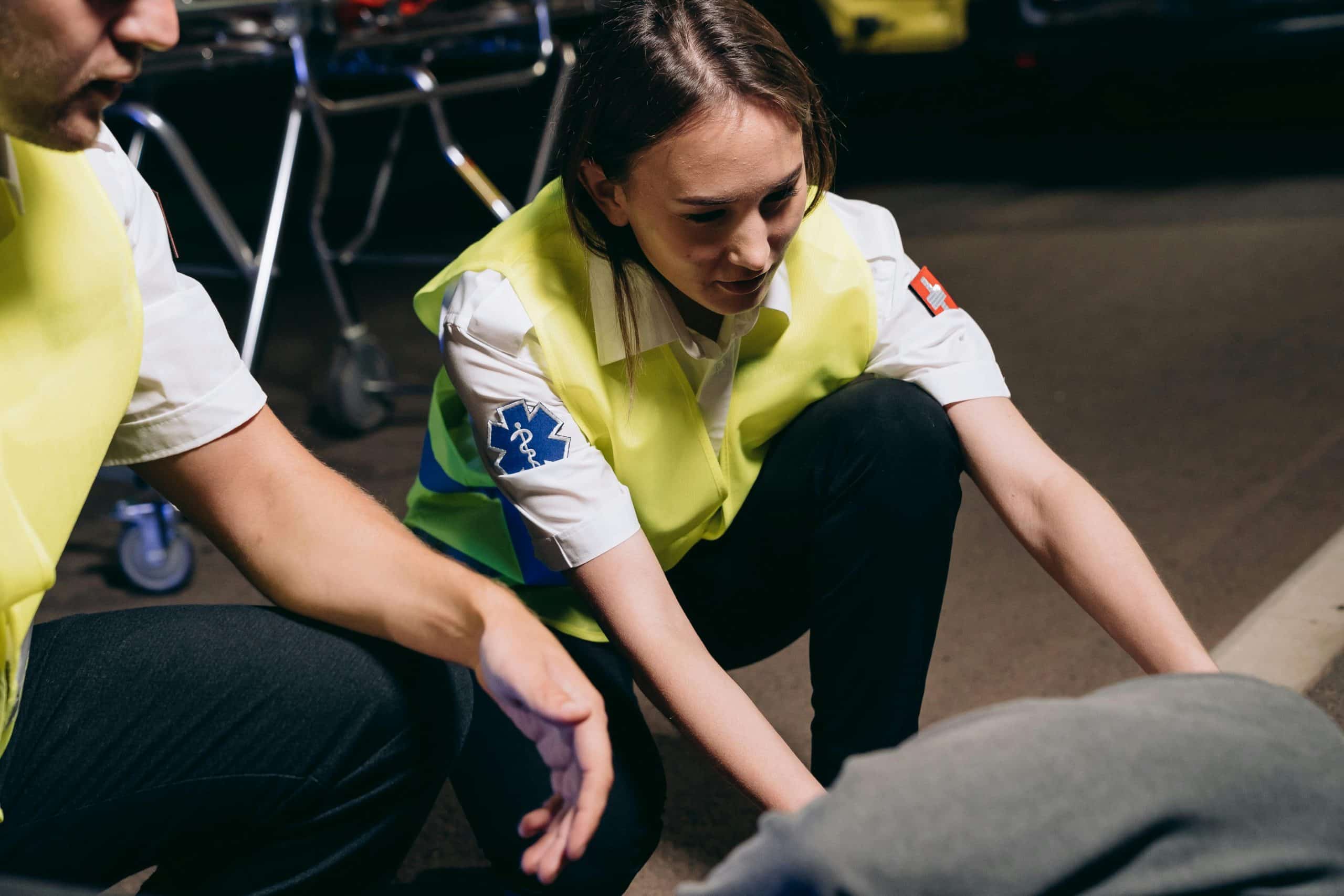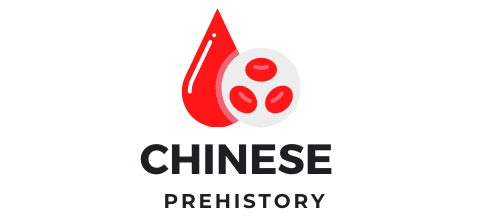What specialized training programs can UK emergency paramedics undergo for improved neonatal emergency care?

Emergencies involving neonates (newborns within the first 28 days of life) pose unique challenges. Paramedics, as the frontline of emergency medical care, are often the first healthcare professionals attending to such situations. Therefore, it is crucial for UK emergency paramedics to undergo specialized training programs aimed at improving neonatal emergency care.
These programs equip paramedics with the necessary skills and knowledge to handle neonatal emergencies effectively. This article explores in detail the different specialized training programs that UK emergency paramedics can undertake to better their provision of neonatal emergency care.
A lire en complément : How can UK forensic psychiatrists improve risk assessments for violence in psychiatric patients?
The Importance of Specialized Training for Emergency Paramedics
The role of the emergency paramedic is demanding and complex. It involves providing immediate medical care to patients who are in critical condition, including neonates. Specialized training for paramedics in neonatal care is not just a luxury, it is a necessity.
While general paramedic training provides a foundation for healthcare provision, it does not cover all the unique challenges that come with neonatal care. A study conducted by the National Health Service (NHS) in the UK highlighted that paramedics felt inadequately prepared to deal with neonatal emergencies due to a lack of specialized training.
Cela peut vous intéresser : How can UK public health officials design effective anti-smoking campaigns targeting young adults?
Specialized training in neonatal care equips paramedics with the necessary knowledge and skills to handle emergency situations that involve neonates. It covers critical areas such as neonatal resuscitation, pediatric airway management, and understanding the common clinical presentations of neonates.
Neonatal Resuscitation Program (NRP)
Neonatal resuscitation is a critical skill for paramedics. The Neonatal Resuscitation Program (NRP) is a globally recognized program that provides healthcare professionals with the knowledge and skills necessary to effectively manage and respond to cardiopulmonary emergencies in neonates.
The NRP covers vital areas such as the initial steps of newborn care, positive-pressure ventilation, and endotracheal intubation. It also delves into the management of preterm infants and the practice of effective resuscitation team dynamics.
On completion of the NRP, emergency paramedics will have acquired an in-depth understanding of neonatal physiology and the unique considerations required when performing medical procedures on neonates.
Pediatric Education for Prehospital Professionals (PEPP)
The Pediatric Education for Prehospital Professionals (PEPP) is a comprehensive training program designed to teach prehospital professionals how to better assess and manage ill or injured pediatric patients.
PEPP's curriculum uses a case-based approach to teach the wide range of skills required to provide effective emergency care to pediatric patients. It covers areas like pediatric assessment, critical interventions, common pediatric emergencies, and case-based scenarios.
By enrolling in the PEPP program, paramedics can further expand their skills to manage pediatric emergencies effectively. This includes understanding the nuances of the pediatric patient, making appropriate transport decisions, and providing effective emergency care specifically tailored to meet the child's unique needs.
Emergency Pediatric Care (EPC) Course
Another program available to UK paramedics is the Emergency Pediatric Care (EPC) course. This course provides a robust foundation in the pathophysiology, clinical presentation, and treatment of common pediatric emergencies.
The EPC course uses a combination of lectures, interactive skills stations, and case-based teaching to cover a wide range of topics, including respiratory distress and failure, shock, trauma, and child abuse. It also emphasizes the significant differences between adult and pediatric patients, stressing the importance of a child-focused approach to emergency medical care.
By undertaking the EPC course, paramedics will gain the knowledge and confidence to recognize and manage pediatric emergencies promptly and effectively.
Advanced Pediatric Life Support (APLS)
The Advanced Pediatric Life Support (APLS) course is another comprehensive training program available to UK emergency paramedics. APLS provides healthcare professionals with the knowledge and skills necessary to assess, categorize, and manage seriously ill children during the critical first hour of illness or injury.
The APLS course covers various topics, including recognition of a seriously ill child, treatment of shock, life support in trauma, and the management of common pediatric emergencies.
On completion of the APLS course, paramedics will have a systematic and structured approach to the assessment and treatment of a seriously unwell child. They will be equipped to provide the highest quality of care to pediatric patients in emergency situations.
In conclusion, the importance of specialized training for UK emergency paramedics in neonatal and pediatric care cannot be overstated. These programs, including NRP, PEPP, EPC, and APLS, provide paramedics with the necessary knowledge and skills to provide excellent emergency care. By undertaking these programs, UK emergency paramedics can ensure they are offering the best possible care to their most vulnerable patients.
The Role of Continuous Professional Development in Neonatal Care
Continuous professional development (CPD) is essential in the ever-evolving field of emergency medical services. For paramedics who are often the frontline in neonatal emergency care, keeping up-to-date with the latest research through resources like Google Scholar can be instrumental in refining skills and knowledge.
CPD not only ensures that paramedics are current with advances in emergency medicine, but also develops their ability in decision-making, plays a crucial role in improving patient outcomes, and enhances the overall quality of ambulance services. Through CPD, paramedics can gain a more profound understanding of the unique considerations involved in neonatal emergency care.
CPDs can be in the form of workshops, webinars, or short courses that focus on various aspects of neonatal care. These include pre-hospital treatment strategies for critically ill neonates, managing neonatal cardiac arrest situations, and effective communication with worried parents. Further, through CPD programs, paramedics can engage in scenario-based training to mimic real-life neonatal emergencies, improving their preparedness and response time.
Beyond the immediate benefits to patient care, CPD contributes to the professional growth of paramedics. By actively engaging in CPD programs, paramedics can advance in their careers, moving into specialized roles within ambulance services, or transitioning into roles in primary care or critical care settings.
In addition, the College of Paramedics in the UK offers several CPD resources and endorses a number of specialized training programs, reinforcing their commitment to the ongoing professional development of paramedics across the country.
Conclusion: The Lifelong Commitment to Neonatal Care
In the world of emergency medical services, neonatal care presents unique challenges, demanding specialized skills and knowledge. To provide the highest quality patient care, UK emergency paramedics must be well-versed in neonatal resuscitation, airway management, and the common clinical presentations of newborns.
Specialized training programs like the NRP, PEPP, EPC, and APLS provide invaluable education in these areas. However, learning doesn’t stop after these courses. Continuous professional development ensures paramedics remain at the forefront of advancements in neonatal care, ready to handle any situation that comes their way.
Through ongoing education, paramedics can increase their ability in decision making, improve patient outcomes, and contribute to the overall efficiency of ambulance services. By investing in their knowledge and skills, they can provide the highest level of emergency care for those in their most vulnerable stage of life - neonates.
In conclusion, the journey to becoming an expert in neonatal emergency care is a lifelong commitment. It requires dedication to continuous learning, a passion for patient care, and the perseverance to handle the rigorous demands of the job. But the reward - the ability to save lives and provide comfort in the direst of situations - is immeasurable.
